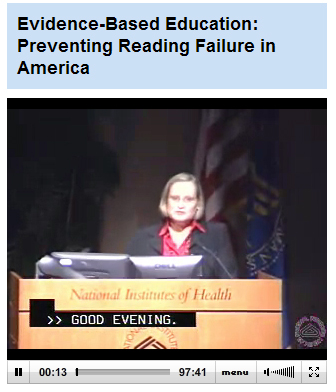By Judy Belmont, MS, LPC
“There is divine beauty in learning… To learn means to accept the postulate that life did not begin at my birth. Others have been here before me, and I walk in their footsteps.” – Elie Wiesel
“What did you learn in school today?” is one of most common questions asked by parents to their children every day after school.
Yet many people go through life without ever asking what they learned each day. Being mindful of learning daily lessons allows us to be open to change and growth.
We think of school as the place where people learn, but really life itself is the far more reaching school where we learn every day of our lives.
In fact, life is the greatest teacher of all – it teaches us things that no one else could.
 Yes, life has a way of teaching us lessons that we would never learn otherwise. Some of life’s lessons we would rather not have, some of what we learn we wish we did not have to, and that is exactly what makes life such an excellent teacher. Life has its own natural and logical consequences. If life was predictable and always in our control, how would we learn? Things do not often go as planned, despite our best intentions. the solace is, we can learn and grow from what life teaches us, no matter what!
Yes, life has a way of teaching us lessons that we would never learn otherwise. Some of life’s lessons we would rather not have, some of what we learn we wish we did not have to, and that is exactly what makes life such an excellent teacher. Life has its own natural and logical consequences. If life was predictable and always in our control, how would we learn? Things do not often go as planned, despite our best intentions. the solace is, we can learn and grow from what life teaches us, no matter what!
So ask yourself everyday, “What have I learned?”
This simple question will help you:
- Have a focus on growth and self-transformation rather than seeing yourself as a finished product.
- Allow you to keep evolving as we are all works in progress
- Help you find lessons from everything you experience
- Make the best out of things and grow from the most difficult of circumstances
- Think of how you can make something positive come from a difficult lesson, even if this is one lesson you could do withoutlearning!
- Make peace with the fact that sometimes you are on the “fast track” and other times you might feel more in the “remedial class” of life. We all learn at different rates. and the best part is – in the school of life there is no such thing as “staying back” even if you experience failure.
- Will help you focus on moving on a in a positive direction instead of measuring how far you “should have” come already.
- Make peace with the fact that sometimes lessons are learned the hard way.
Suggested Activity
Write down three things you learned today. For each item you write down, think of how you can use that lesson to improve yourself and your grip on your world. How can you use those lessons learned to improve your future? Think of one practical action you can take based on what you have learned.
Do you want to know how you can increase your odds that you will put your thought into action? Tell someone! Studies have shown that just by telling someone what you plan to do, you will be more likely to follow through!



